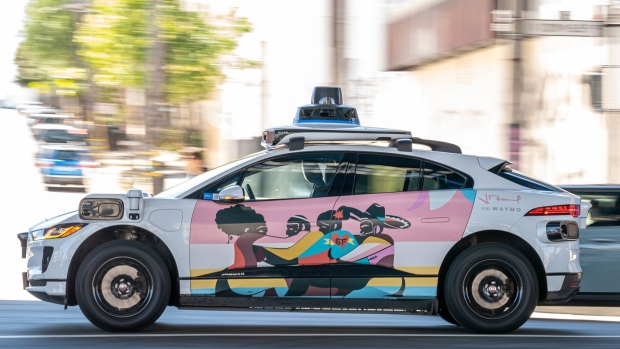1539 readers
7 users here now
Welcome to the Google community! This is a place to discuss everything related to Google products, services, features, and discussions.
ChromeOS discussions are welcome!
General discussions about Google products, updates, tips, and related topics are welcome. However, for specific technical support, account-related inquiries, advertising questions, and other issues, please direct them to official Google support channels.
Rules
- Stay on topic: All posts should be related to Google products, services, or the Google ecosystem.
- Respectful discussions: Treat fellow community members with respect and engage in constructive discussions. Avoid personal attacks, harassment, or offensive language.
- No support inquiries: Please refrain from posting individual support inquiries or account-related issues. Use official Google support channels for assistance.
- No spam or self-promotion: Do not post spam or self-promotional content. This includes links to personal websites, blogs, or products/services.
- No illegal content: Do not share or discuss illegal content, including piracy, hacking, or copyright infringement.
- No misleading information: Avoid spreading false or misleading information about Google or its products.
- No inappropriate content: Do not post or link to any inappropriate or NSFW (Not Safe for Work) content.
- No off-topic discussions: Keep the discussions focused on Google products, services, and related topics. Avoid unrelated or off-topic discussions.
- No excessive advertising: Do not excessively promote products, services, or websites.
- Follow community guidelines: Adhere to the overall community guidelines and terms of service.
founded 2 years ago
MODERATORS
476
477
478
479
480
481
482
483
26
Google Photos is preparing to add partner sharing shortcuts, auto-archive albums and reminders
(thespandroid.blogspot.com)
484
485
486
487
10
YouTube is picking up a more refined sharing menu on desktop and mobile - Android Police
(www.androidpolice.com)
488
489
490
491
3
Google’s latest wallpapers are here to freshen up your Pixel's home screen
(www.androidpolice.com)
492
10
Google Workspace Updates: Stronger protection for additional sensitive actions taken in Gmail
(workspaceupdates.googleblog.com)
493
10
Google’s Waymo, Cruise Get Nod to Expand San Francisco Robotaxis - BNN Bloomberg
(www.bnnbloomberg.ca)
494
495
496
497
498
499
500




:format(webp)/cdn.vox-cdn.com/uploads/chorus_asset/file/24841788/esig1.jpg)